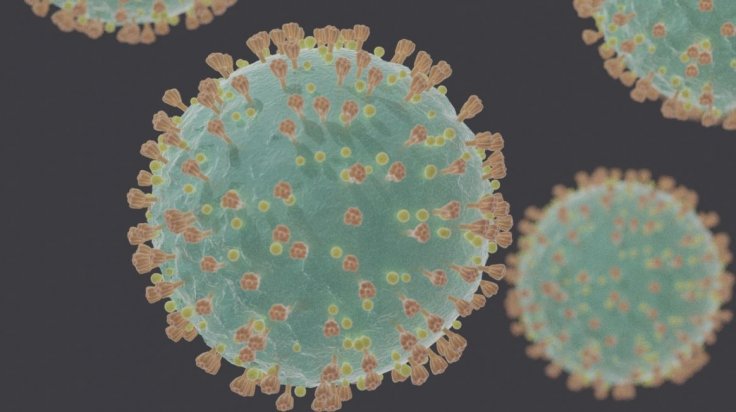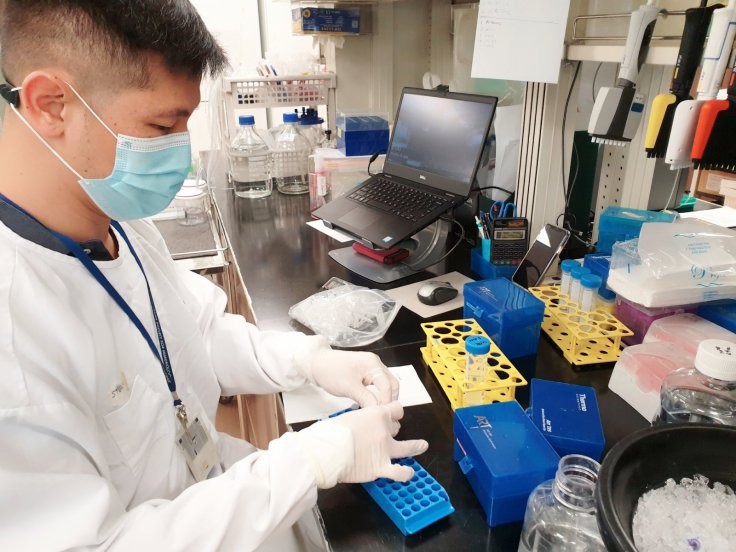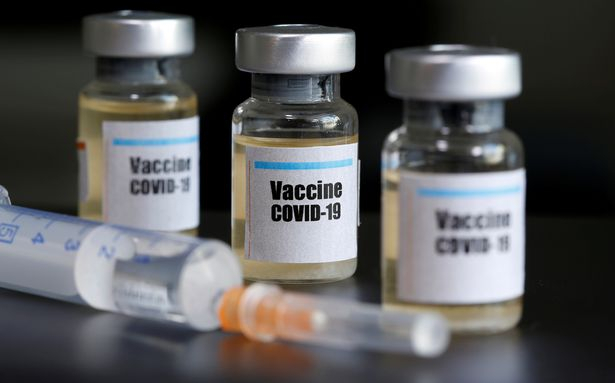Since the outbreak of the novel Coronavirus in late December, scientists have tried to find out new ways that can be effective against fighting the virus. In Singapore, researchers have discovered antibodies that can neutralize the virus and prevent it from replicating and hijacking a human cell.
The research, which was conducted by scientists from the National Centre for Infectious Diseases (NCID) and the A*STAR (Agency for Science, Technology and Research), was published in Nature Communications and The Lancet journals.

What Does It Do?
As per the scientists, a body produces thousands of antibodies during the COVID-19 or any infections. While all of them attach to the virus, only a few antibodies are capable of fighting the infection and sometimes, eliminate the pathogen altogether. Researchers announced their findings in a virtual press conference on Friday, July 17.
A Coronavirus (in this case, SARS-Cov-2) has distinctive features like a crown (the reason why it is called Coronavirus), which it uses to latch on to a human cell. The neutralizing antibodies bind to the important parts or sites (also known as epitopes) and disrupt the shape of the virus and stop it from invading a cell.
"We are pleased to share this internationally leading work by the local research team which focuses on a powerful aspect of finding out how humans can generate specific antibodies targeted against SARS-CoV-2," Professor Leo Yee Sin, NCID's Executive Director told media.

How Does It Help?
Researchers collected samples of blood, sputum and stool among others from more than 100 recovering COVID-19 patients for the study. Using special equipment and reagents, they then analyzed the samples to identify those antibodies which attached to the epitopes — S14P5, S21P2, S20P2 and N4P5 — on the virus and neutralized it.
As per Professor Lisa Ng, Senior Principal Investigator at A*STAR, the surface of the SARS-CoV-2, these newly identified antibodies can attach to is three times larger than dengue and more than three times larger than the Zika virus.
"The identification of these specific targets on the virus is a crucial advance in the development of better diagnostics and treatments for COVID-19. There is also potential to use these targets against similar coronaviruses to address other viral outbreaks," Professor Ng said.
Researchers believe that the discovery of specific sites will help in devising a better treatment plan and also help develop vaccines. "The epitopes would actually make the body generate neutralizing antibodies. So, it means there is also potential to use them as potential vaccine candidates and address other viral outbreaks," she added.

Similar Findings
The antibody-based treatment plan has been popular and effective to fight the COVID-19 infection. Scientists around the world have discovered new ways to tackle the spread of the virus. In June 2020, Singapore scientists also discovered five antibodies that could help in stopping the mutation and spread of the Coronavirus. The study, which was in the pre-clinical stage, was to enter human trials in July.
In another antibody-based treatment, researchers found antibodies in llamas that could fight the novel Coronavirus. A team of scientists in the U.K. was able to combine one of the antibodies (or nanobodies due to its smaller size) with a human antibody to devise a treatment plan.
"Combinations are particularly useful since the virus has to change multiple things at the same time to escape – this is very hard for the virus to do. The nanobodies also have potential as a powerful diagnostic," said Professor James Naismith, Director of the Rosalind Franklin Institute and professor of structural biology at Oxford University.









